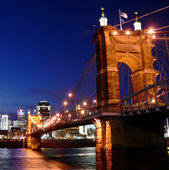Featured Replies
- Prev
- 14
- 15
- 16
- 17
- 18
- 19
- 20
- 21
- 22
- 23
- 24
- Next
- Page 19 of 37
- Prev
- 14
- 15
- 16
- 17
- 18
- 19
- 20
- 21
- 22
- 23
- 24
- Next
- Page 19 of 37
Share
Followers
Recently Browsing 0
- No registered users viewing this page.




